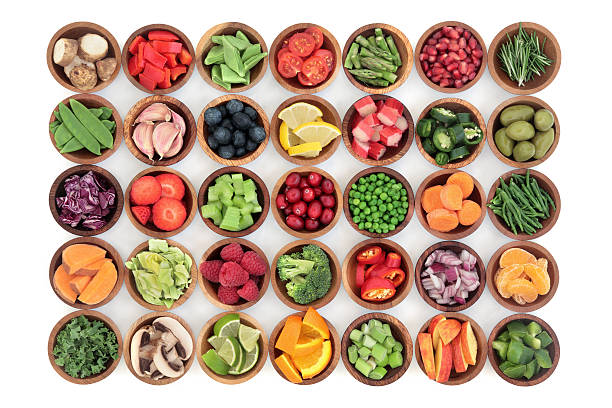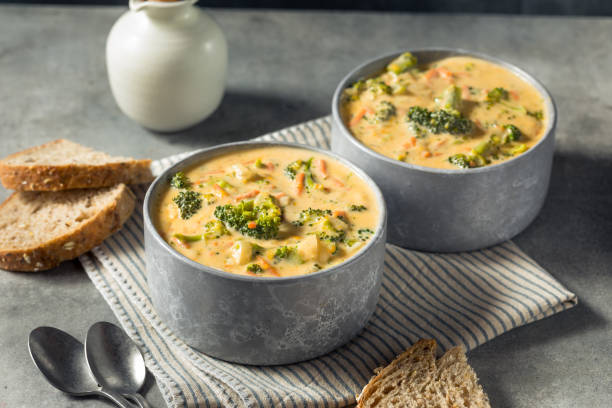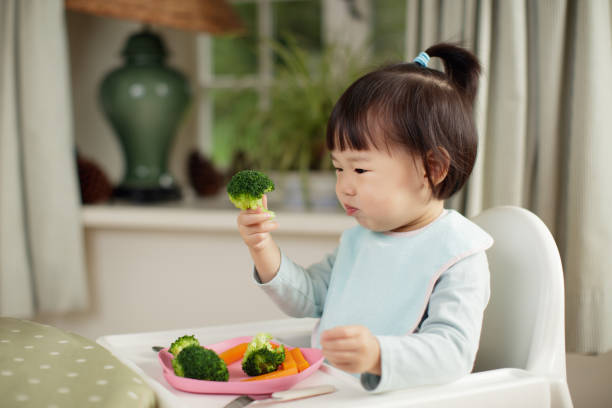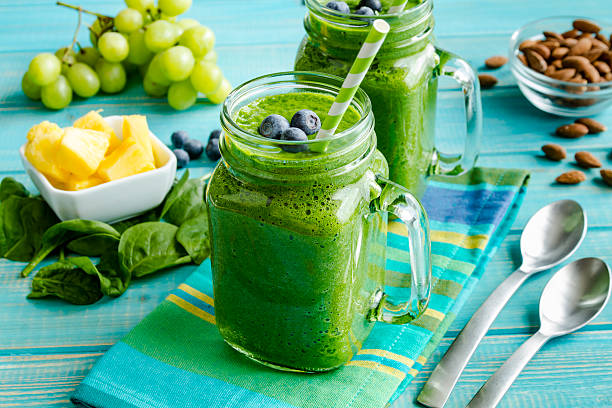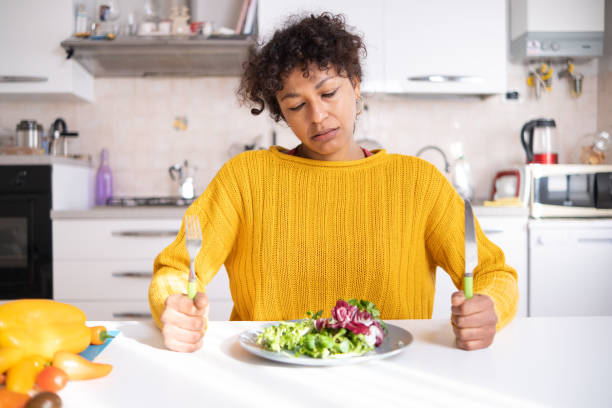
Table of Contents
Introduction:
Picture this: you’ve just prepared a refreshing bowl of coleslaw, imagining the crisp, creamy texture and tangy flavor that will delight your taste buds. As you take your first bite, an unexpected bitterness overwhelms your palate, leaving you puzzled and disappointed. Why does my coleslaw taste bitter, and what could have caused this unwelcome twist in flavor?
In the culinary world, balance is key. Combining ingredients to achieve the perfect harmony of tastes can be a delicate dance, and when bitterness sneaks its way into a dish that should be sweet and refreshing, it can be a perplexing conundrum to solve.
In this blog post, we will explore the various factors that might contribute to the bitterness in your coleslaw and shed light on some simple yet effective ways to ensure your next batch is a palate-pleasing success. So, let’s dig into the science behind coleslaw and uncover the secrets to banishing that pesky bitterness once and for all!
Also, See Does Eating Cabbage Lower Your Testosterone Level?
Why does my coleslaw taste bitter?
A bitter taste in coleslaw can be caused by several factors. Here are some possible reasons why your coleslaw might taste bitter:
Cabbage variety: The type of cabbage used in coleslaw can have an impact on its taste. Some cabbage varieties are naturally more bitter than others. For example, green cabbage tends to be milder, while red cabbage can have a slightly bitter taste.
Overripe cabbage:
If the cabbage used in your coleslaw is overripe or past its prime, it may develop a bitter taste. Opt for fresh and crisp cabbage for the best flavor.
Storage conditions:
Improper storage of cabbage can lead to bitterness. Cabbage that has been stored at room temperature for too long may become bitter. It’s best to store cabbage in the refrigerator to maintain its freshness.
Dressing ingredients:
The dressing used in coleslaw can sometimes contribute to a bitter taste. If you used ingredients like vinegar or certain types of mustard in excessive amounts, they may overpower the sweetness of other ingredients, resulting in bitterness.
Spoilage or contamination:
If any of the ingredients used in your coleslaw have gone bad or were contaminated, it could lead to an off or bitter taste.
Ingredients with natural bitterness:
Some coleslaw recipes call for ingredients like certain herbs (e.g., cilantro) or cruciferous vegetables (e.g., broccoli) that have a natural bitterness. If these are used in excessive amounts, they can make the coleslaw taste bitter.
Overdressing:
Using too much dressing in your coleslaw can overwhelm the other flavors and result in a bitter taste.
Reaction with metal utensils:
Acidic ingredients in the coleslaw, like vinegar or lemon juice, can react with metal utensils, causing a metallic taste that might be perceived as bitter.
How to Fix Bitter Coleslaw
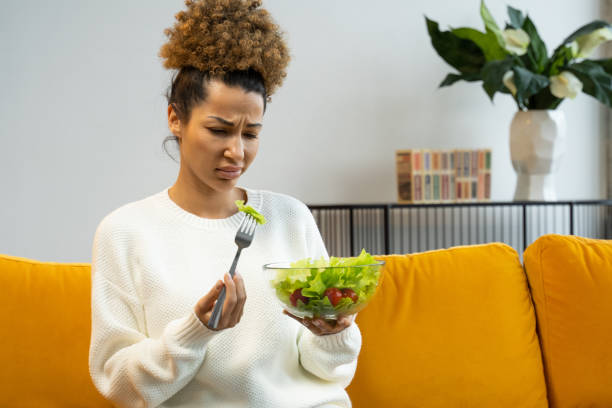
If your coleslaw has turned out bitter, there are several steps you can take to fix it and improve its taste. Here are some suggestions:
Balance the flavors:
Bitterness can often be counteracted by adding sweet, acidic, or creamy ingredients to balance out the flavors. Start by adding a small amount of sweetener, such as sugar, honey, or maple syrup, to the coleslaw and mix it well. Taste and adjust as needed.
Add acidity:
Acidic ingredients like vinegar or citrus juice can help cut through the bitterness and brighten the flavors. Try adding a splash of apple cider vinegar, white vinegar, lemon juice, or lime juice to the coleslaw. Mix well and taste. Continue adding more if necessary, but be careful not to make it too acidic.
Dilute with additional ingredients:
Another option is to dilute the bitterness by adding more ingredients to the coleslaw. You can mix in extra shredded cabbage, grated carrots, or other vegetables to increase the overall volume and dilute the bitter taste.
Let it sit and marinate:
Sometimes, allowing the coleslaw to sit and marinate for some time can mellow out the flavors and reduce the bitterness. Transfer the coleslaw to a covered container and refrigerate for at least an hour, preferably longer. Stir it occasionally during this time to ensure the flavors meld together.
Incorporate creamy elements:
Creamy ingredients like mayonnaise, yogurt, or sour cream can help smooth out the flavors and reduce bitterness. Add a dollop of your preferred creamy ingredient to the coleslaw and mix it well. Adjust the amount according to your taste preferences.
Season appropriately:
Check if the coleslaw requires additional seasoning. Adding a pinch of salt can help balance the flavors and enhance the overall taste. Consider adding a touch of black pepper or other herbs and spices that complement the coleslaw.
Remember to taste and adjust the flavors as you make these adjustments, and go slowly with each addition to avoid overcorrecting. With some experimentation and careful balancing of flavors, you should be able to improve the taste of your bitter coleslaw.
How to avoid Bitter Coleslaw
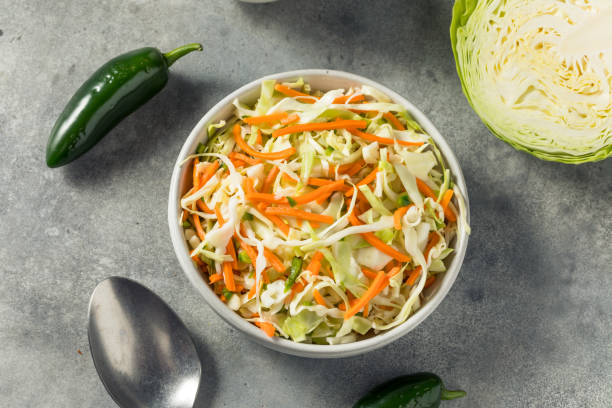
To avoid bitter coleslaw, follow these simple steps:
- Choose fresh cabbage and vegetables.
- Soak the shredded cabbage in cold water for 10-15 minutes, then rinse.
- Salt the cabbage briefly before rinsing to draw out excess moisture.
- Use a well-balanced dressing with sweet, tangy, and savory flavors.
- Don’t shred the cabbage too finely to prevent releasing bitterness.
- Let the coleslaw chill in the fridge for at least an hour before serving.
- Taste and adjust the seasonings if needed.
- Consider using a different cabbage variety like red cabbage for a milder flavor.
- Make the coleslaw just before serving for the freshest taste.
By following these steps, you’ll create a delicious, non-bitter coleslaw for everyone to enjoy.
Final Thought
In conclusion, the bitter taste of coleslaw can be attributed to various factors. The most common reasons include using rancid or overripe ingredients, particularly cabbage, and incorporating bitter vegetables without considering their freshness. Additionally, the presence of excessive cabbage cores, incorrect seasoning, curdled mayonnaise, chemical contamination, or a reaction with metal utensils can also contribute to the bitter flavor.
To avoid a bitter taste in your coleslaw, prioritize using fresh and high-quality ingredients, properly clean and prepare the vegetables, and ensure the mayonnaise is in good condition. Furthermore, be mindful of the seasoning, and avoid overusing spices that may add bitterness.
By carefully considering these aspects in your coleslaw preparation, you can enhance its taste and delight your taste buds with a refreshing and delicious dish.

